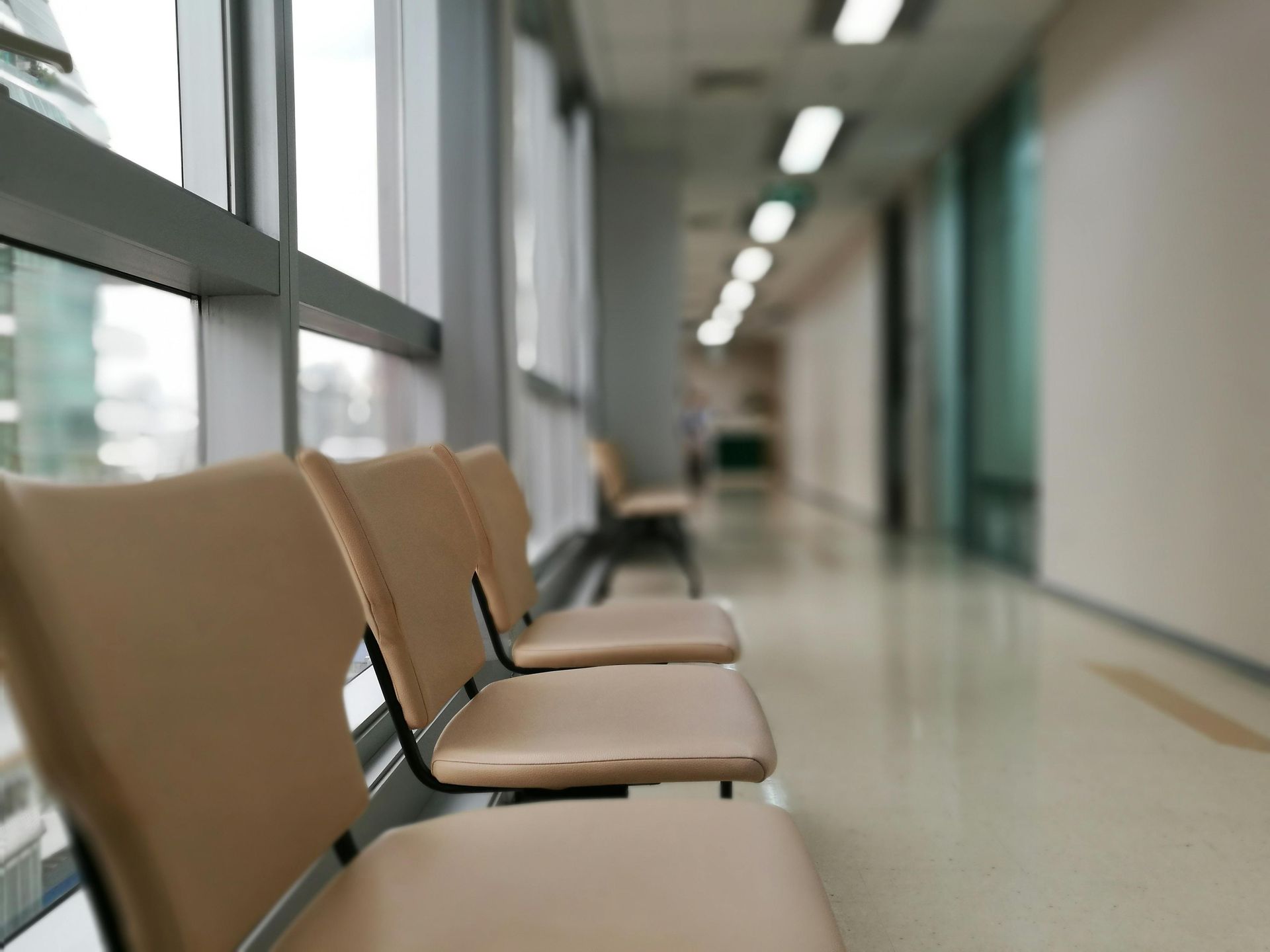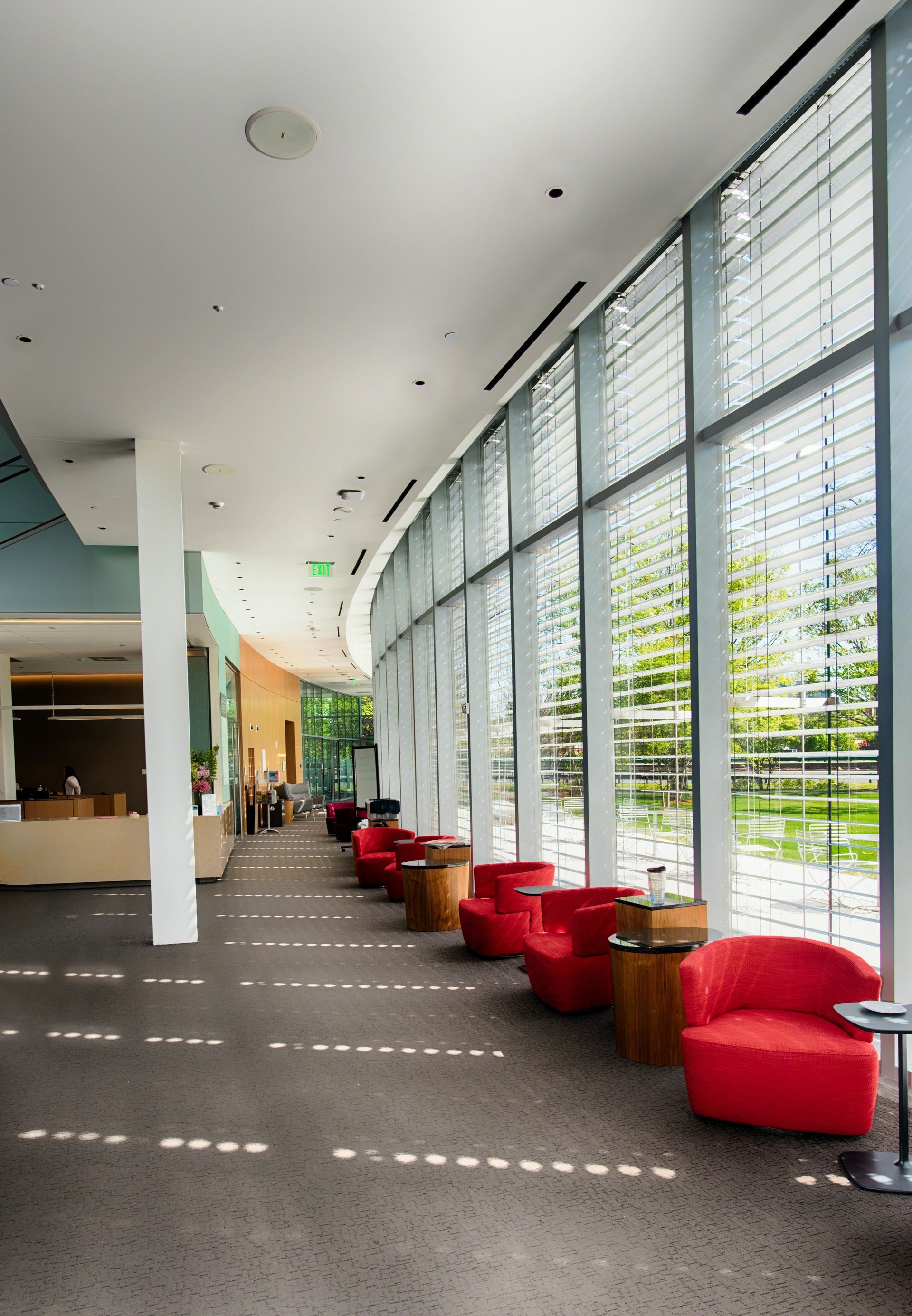Protecting Your Pipes: Winter Is Coming
As the winter cold sets in across Nebraska and Iowa, homeowners face a significant risk: frozen pipes. When temperatures plummet, the water in pipes can freeze, leading to expansion and potential bursts that flood homes and cause extensive damage. Here’s a guide on safeguarding your plumbing as winter approaches.
Why Frozen Pipes Are a Problem
When water freezes, it expands. In confined spaces like pipes, this expansion creates pressure, which can lead to cracks and bursts. Pipes in unheated spaces, such as basements, attics, and garages, are especially vulnerable, as are those along exterior walls. Once a pipe bursts, the resulting flood can cause thousands of dollars in damage—not to mention the hassle of cleanup and repair.
Key Tips to Prevent Freezing Pipes
- Insulate Exposed Pipes
Proper insulation is one of the best ways to protect vulnerable pipes. Use foam pipe sleeves or heating tape on exposed pipes in basements, crawl spaces, attics, and along exterior walls. Pipe insulation helps maintain water temperature and prevents freezing. - Seal Gaps and Cracks
Cold air can seep in through cracks and gaps around windows, doors, and areas where pipes enter the home. By sealing these spaces with caulk or expanding foam, you reduce drafts and keep warm air inside, helping to regulate the temperature around your pipes. - Open Cabinet Doors
For pipes located on exterior walls (especially under kitchen or bathroom sinks), open cabinet doors to allow warm air from the home’s heating system to reach these areas. This small step can make a big difference in preventing pipes from freezing, particularly overnight or during extreme cold snaps. - Keep Faucets Dripping
Letting faucets drip slightly can keep water moving through the pipes, reducing the chance of freezing. Even a small trickle can relieve pressure in the pipes, so if they do freeze, it’s less likely they will burst. Be mindful to use this method on faucets connected to pipes in unheated areas. - Maintain a Consistent Thermostat Temperature
Rapid temperature drops increase the risk of pipe freezing. Keep your thermostat at a consistent temperature day and night. Even if you’re away from home, set your thermostat to at least 55°F to maintain warmth in the home and reduce the likelihood of frozen pipes. - Disconnect and Drain Outdoor Hoses
Water left in outdoor hoses can freeze and back up into the spigot, increasing the risk of burst pipes. Disconnect and drain all garden hoses, then shut off the water supply to outdoor faucets. Some spigots have interior shut-off valves; if yours does, turn it off and open the outdoor faucet to drain any remaining water. - Consider Heat Tape for High-Risk Pipes
Heat tape or cable can be used on pipes in particularly cold areas of the home. This electrical tape provides a source of warmth that prevents water from freezing. Be sure to follow manufacturer instructions closely, as heat tape should only be used in approved locations.
What to Do If Your Pipes Freeze
If you suspect a frozen pipe (e.g., no water flow or visible frost), turn off the water supply to prevent further damage. Open faucets connected to the frozen pipe and apply heat to the pipe with a heating pad or space heater. Avoid using open flames, as they can damage pipes or create a fire hazard.
Final Thoughts and Call to Action
Taking preventive steps now can save you from the costly and disruptive effects of burst pipes. In the case that you're reading this too late and your basement is flooded, reach out to Christenson Cleaning and Restoration to help with your problem. Our team is here to help you protect your home from winter’s worst. Contact us today to schedule a consultation and enjoy peace of mind this season!













